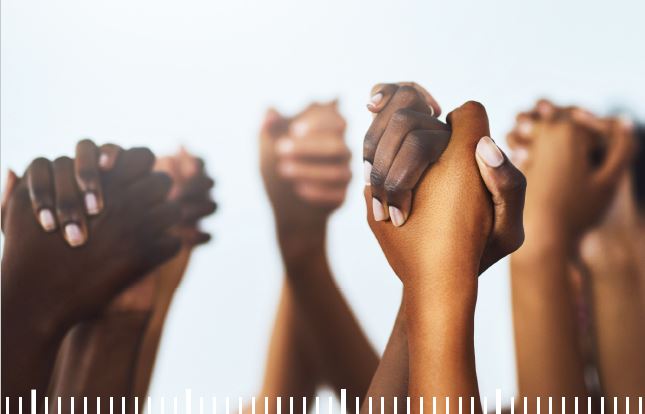Rape survivors need comprehensive, long-term health care and support to prevent HIV: Evidence from the Rape Impact Cohort Evaluation (RICE) study - Research Brief

Rape survivors need comprehensive, long-term health care and support to prevent HIV: Evidence from the Rape Impact Cohort Evaluation (RICE) study - Research Brief
Background
Rape is a gross violation of human rights and its consequences impact lives across South Africa. Women, girls, boys and non-binary persons are mostly the targets of rape. In the 2019-2020 reporting period, 42 289 rapes were reported to the South African Police Services. This amounts to 116 rapes per day1 but is not a true reflection, as most rapes perpetrated are not reported.
Rape has multiple detrimental impacts on health, families and society, yet research describing its health impact is limited. Physical injuries occur during rape but the longest impact stems from the severe psychological consequences experienced by most survivors. We know very little about the medium and long-term health impact of rape. Most importantly, as a country with high levels of sexual violence and HIV, it is essential that we understand how being raped may impact on long term risk of HIV infections.
View the complete Rape survivors need comprehensive, long-term health care and support to prevent HIV: Evidence from the Rape Impact Cohort Evaluation (RICE) study Research Brief
